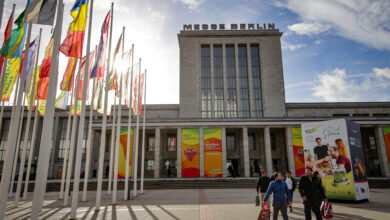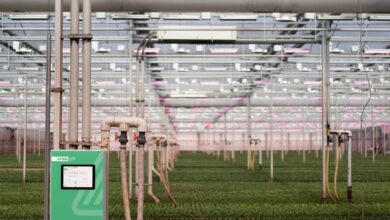Excellent Source for Anti-Oxidants – Pomegranate’s Rind
New research shows that the pomegranate's rind, when fed to sheep, significantly improves the milk's quality and enriches it with anti-oxidant


New research shows that the pomegranate’s rind, when fed to sheep, significantly improves the milk’s quality and enriches it with anti-oxidants
The research was carried out by the Ministry of Agriculture’s Vulcani Institute in light of the increased demand for pomegranates in Israel and the world.
This research and others were presented at the yearly conference for Cattle and Dairy Sciences organized by the Agricultural Extension Service of Israel (Shaham), the Ministry of Agriculture’s Vulcani Institute, The Israeli Association of Cattle Breeders and the National Milk Board and in the presence of the Minister of Agriculture, MK Yair Shamir.
You’ve most probably already heard about the high health values of pomegranate arils. It seems that the rind of the pomegranate has even greater health value! Now, when the growing of pomegranates has become even more significant due to technologies available for the separation of the arils and their sale packaged, ready to eat, we can also benefit from the health value of the rind which otherwise would just be a waste product of the production process and in huge quantities. In Israel today there are some 5750 acres of pomegranate trees.
Ministry of Agriculture’s Vulcani Institute researchers found that the addition of pomegranate rind to the diet of sheep has a direct influence on the quality of the milk and even increases its production. Pomegranate rind is known to speed up the healing process of wounds, stimulate the immune system, prevents arteriosclerosis and is also rich in anti-oxidants.
Now, the positive influences and the high nutritional value of the pomegranate rind will be transferred to us through the milk we drink. The sheep will also benefit from the high health value of the rind.
The research was presented on the 2nd of July at the yearly conference for Cattle and Dairy Sciences organized by the Cattle Department of the Agricultural Extension Service of Israel (Shaham), the Ministry of Agriculture’s Vulcani Institute , the Israeli Association of Cattle Breeders and the National Milk Board.




